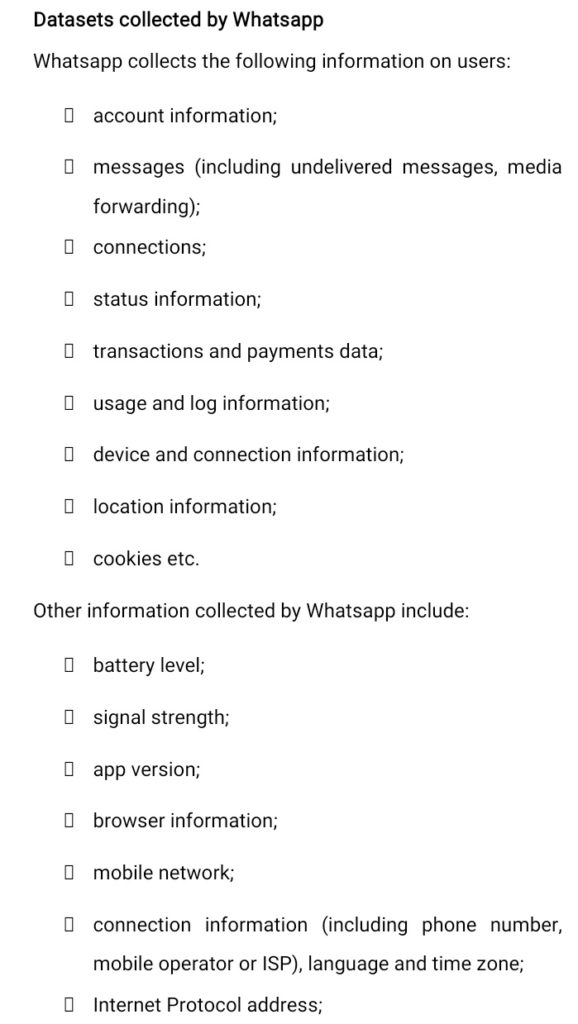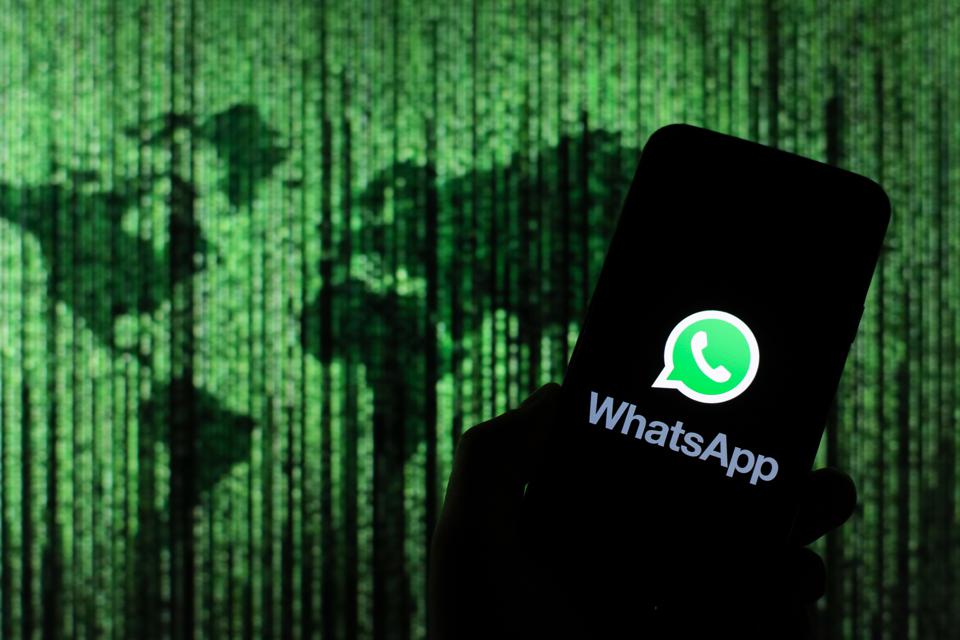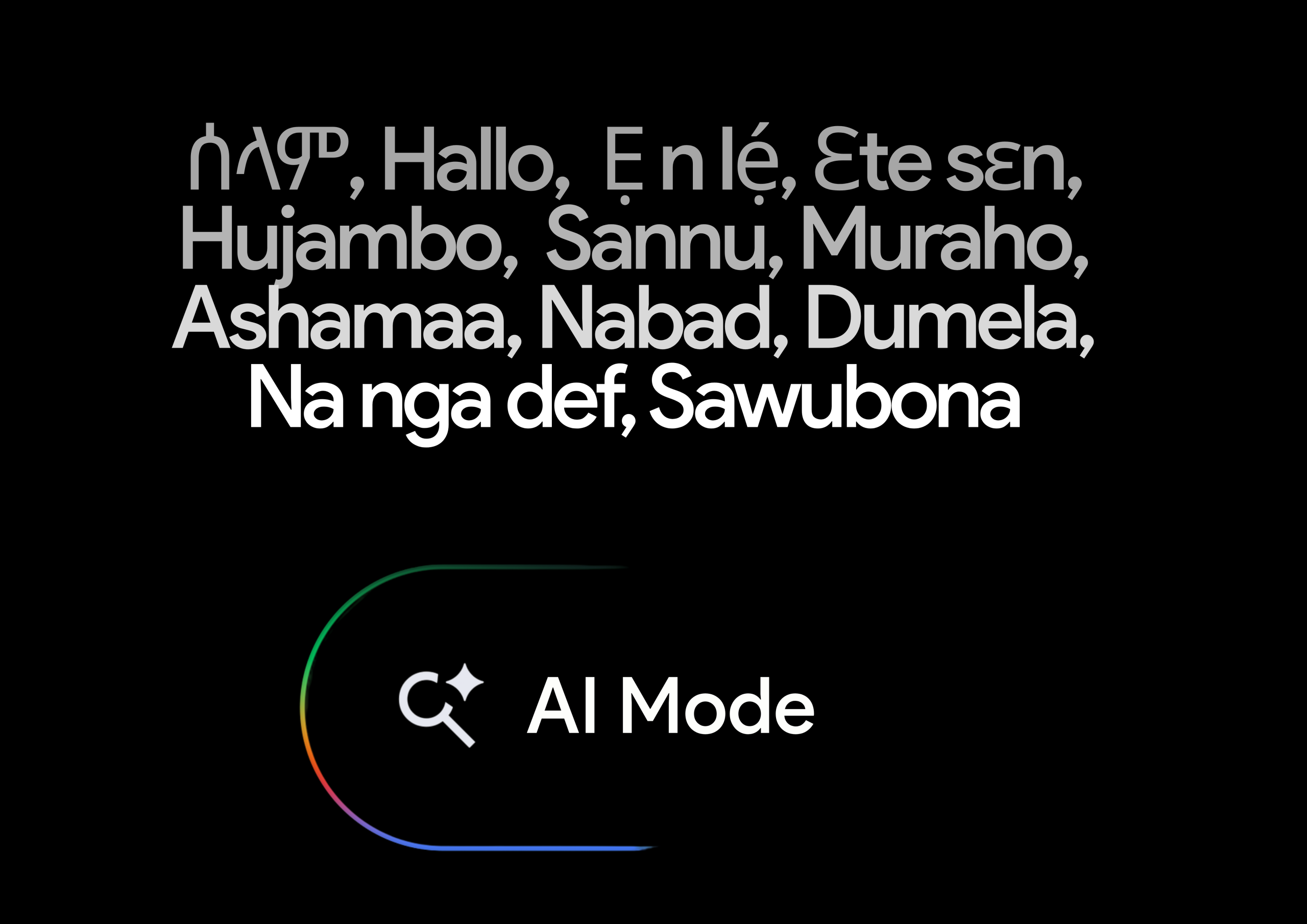Whatsapp has been more subtle about telling users to sign new terms of service but NITDA says some dangers remain
In January 2021, users of the popular instant messaging app Whatsapp got notifications about new terms of service and an updated privacy policy. The notification came with the warning that if users did not accept the new terms by February 8, they would lose access to the app.
When you’re one of the world’s most popular apps and owned by Facebook, a company many people distrust, that sort of announcement will hog headlines. There’s also the fact that many tech users are becoming concerned about privacy and the kind of data apps collect about them.
So for a few weeks, we saw articles suggesting that people should switch to apps like Telegram and Signal, which do not collect as much information on their users. As a result, Signal saw a rush of downloads.
Although the pushback was intense, Whatsapp did not budge on its terms and privacy policy; instead, it decided to soft-pedal on the new terms of use and be more subtle about getting users to sign it.
Whatsapp still wants you to agree to new terms
In the weeks leading up to a new deadline of May 15, Whatsapp began sending reminders to users as an in-app notification. While it will no longer block users from using the app if they don’t agree to the new terms, it will restrict some functionalities.
The company said in a blog post in May, “for the last several weeks, we’ve displayed a notification in WhatsApp providing more information about the update. After giving everyone time to review, we’re continuing to remind those who haven’t had the chance to do so to review and accept. After several weeks, the reminder people receive will eventually become persistent.”
Whatsapp is swapping its forceful method and wants to send reminders until users agree. Yet, countries are still concerned, and in Nigeria, the National Information Technology Development Agency (NIDTA) issued a statement Tuesday about Whatsapp.
“WhatsApp users are at liberty to decide on giving consent to the processing of their data based on the new privacy policy.”
“The Nigeria Data Protection Regulation (NDPR) recognises; we have consent (a clear, unambiguous expression of privacy terms communicated by the controller and accepted by the Data Subject) as one of the lawful basis for data processing. Acceptance of the new privacy policy and terms of use implies that users’ data would now be shared with Facebook and other third parties.”
“Users will now be subject to the terms and policies of Facebook and other receiving entities with or without being direct subscribers to such services.”
NITDA is wary of new policy
At the heart of the new terms, Whatsapp wants to become a place where businesses directly sell to customers. Small businesses will have virtual storefronts, while bigger businesses will be able to integrate Whatsapp into their existing technology stack.

One concern many people have is whether Facebook will have access to their Whatsapp chats, but the company insists that messages on the IM platform are encrypted end-to-end. Yet, NITDA says users should “limit the sharing of sensitive personal information on private messaging and social media platforms as the initial promise of privacy is being overridden on the basis of business exigencies.”
“NITDA is exploring all options to ensure Nigerians do not become victims of digital colonialism,” the agency added in its statement.
It is not clear what these options are. For now, the choice ultimately lies with users who will determine how to guard their privacy as WhatsApp’s new rules go into effect.




















